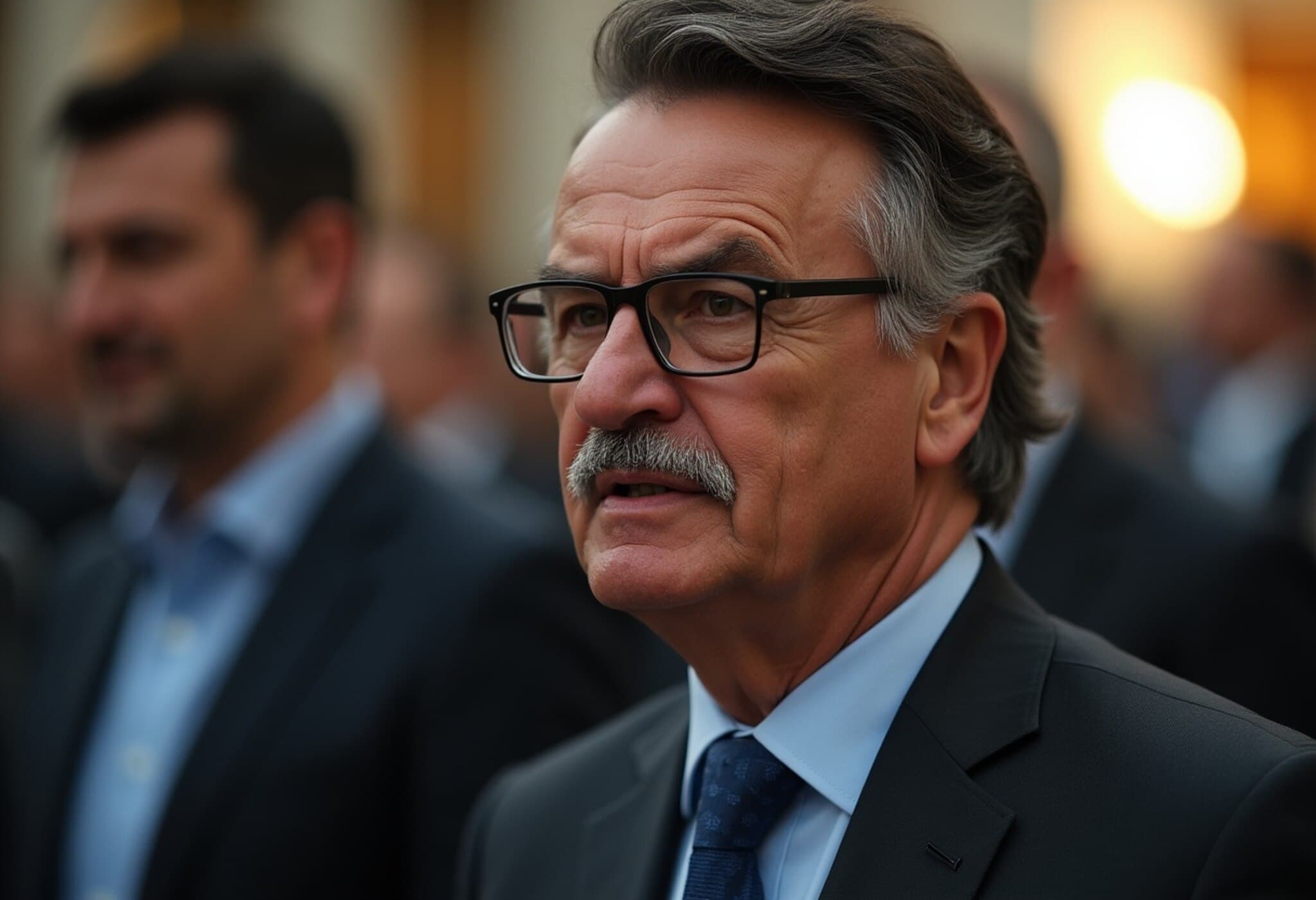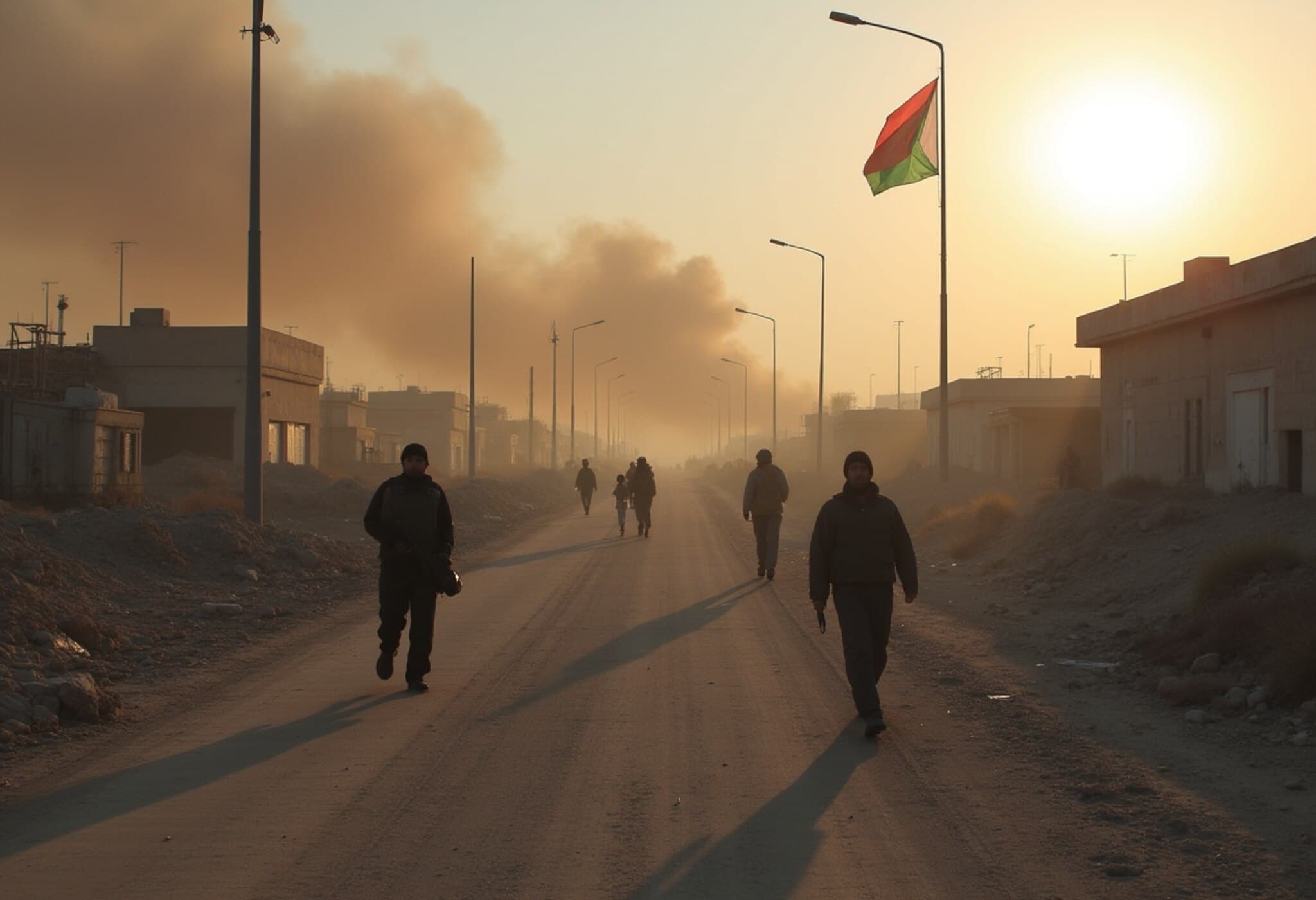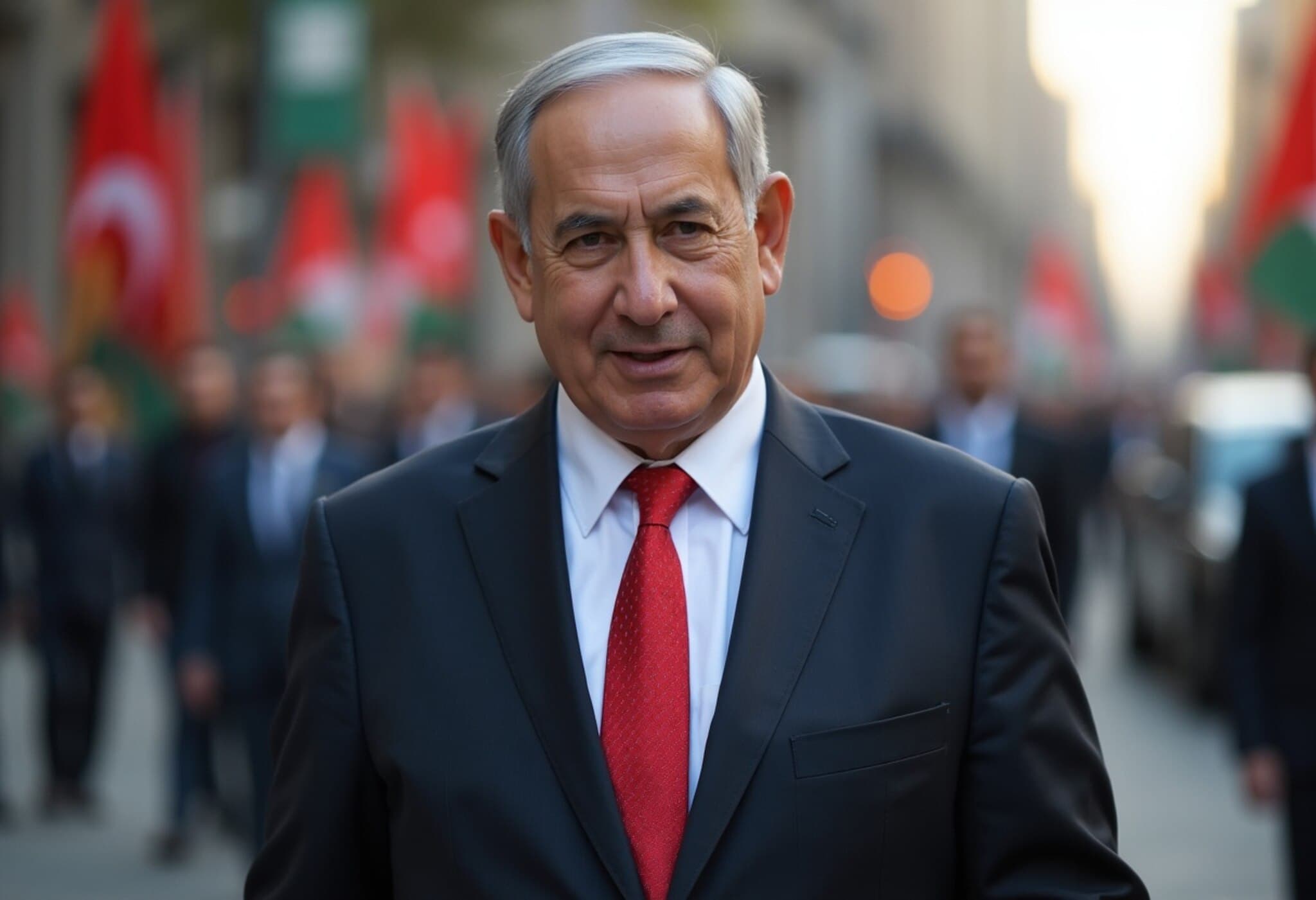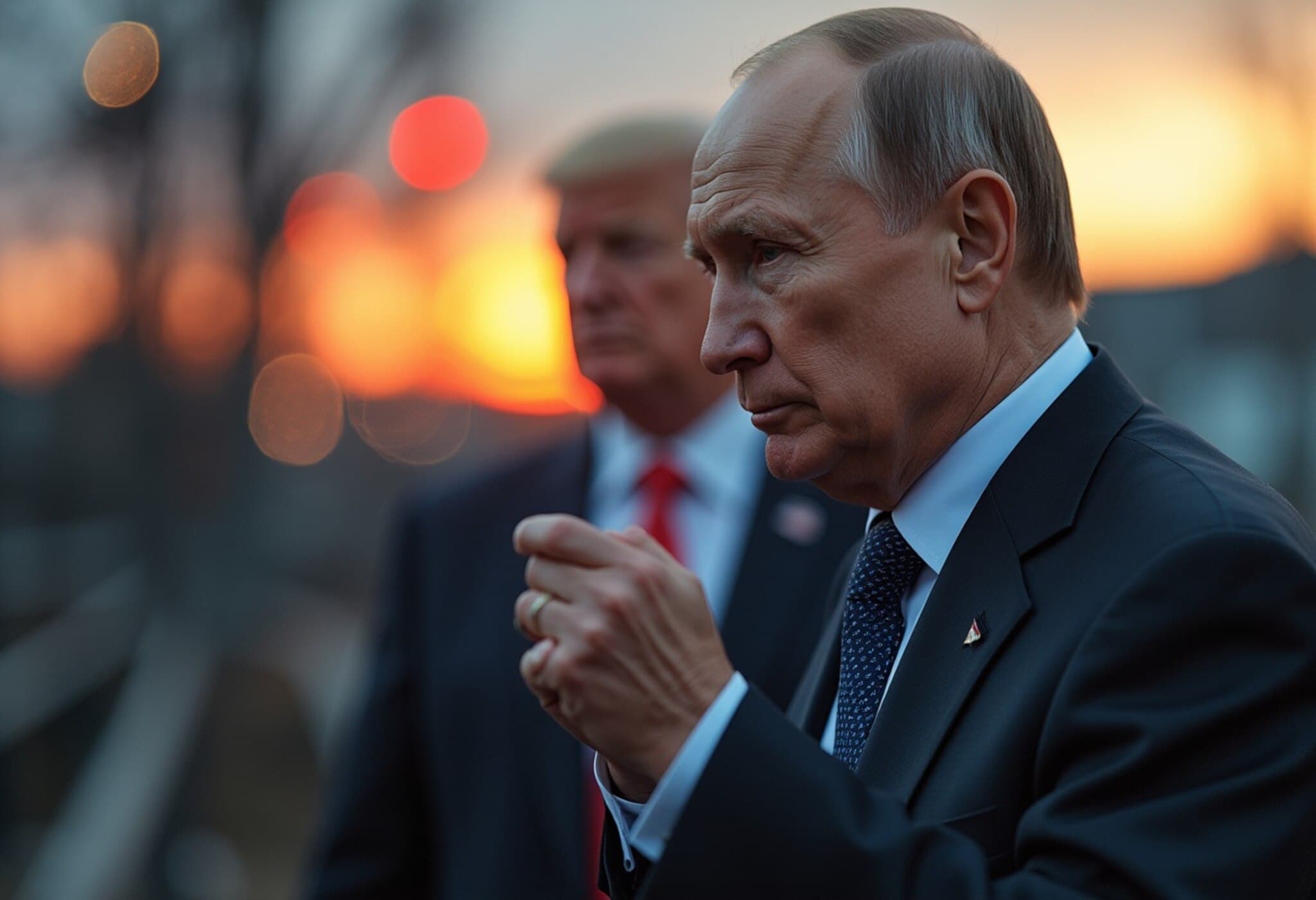Kuwait Eases Entry Rules: Visa on Arrival Now Available for GCC Residents
In a significant policy update that promises to streamline travel within the Gulf Cooperation Council (GCC) region, Kuwait has announced the rollout of visa on arrival for foreign nationals residing in any of the six GCC countries—including Saudi Arabia, the United Arab Emirates, Qatar, Oman, Bahrain, and Kuwait itself. This change comes as a welcome relief for millions of expatriates living and working across the Gulf.
Who Benefits from the New Visa Policy?
The new visa on arrival policy expands eligibility to all foreign nationals holding valid residency permits in any GCC state, breaking away from the restrictive 2008 regulations which limited such visas primarily to specific professional categories like doctors, engineers, judges, and executives. This reform means that a vast demographic, including a substantial number of Indian expatriates—who make up a significant portion of the GCC's workforce—can now visit Kuwait with far less bureaucracy.
Key Requirements and Procedure
- Applicants must possess a residence permit in any GCC country valid for at least six months.
- The visa will be issued as a tourist visa directly at Kuwait's port of entry after immigration officials verify the applicant’s residency status.
- The policy is effective immediately and was officially announced through Kuwait's government gazette, Kuwait Alyoum.
Implications for Regional Mobility and Economic Exchange
Travel within the GCC has traditionally been seamless for citizens; however, restrictions on visa issuance for expatriate residents have often complicated intra-Gulf tourism and short-term business visits. This updated measure aligns with Kuwait’s broader strategy to boost tourism and facilitate business travel by reducing friction for long-term residents who contribute markedly to the region’s economic dynamism.
Moreover, by easing tourism access for millions of migrant workers and expatriates, Kuwait stands to benefit from increased spending and cultural exchange within the region, potentially accelerating post-pandemic recovery of its hospitality sector.
Expert Insight: Navigating the Nuances
Legal and immigration experts suggest that this policy highlights an important trend toward regional integration in the GCC, fostering not just economic ties but a shared social fabric among its diverse population. However, they caution that travelers should remain vigilant about maintaining valid residency documentation, as verification remains stringent.
Additionally, U.S.-based policy analysts observe that the GCC’s gradual liberalization of intra-regional movement mirrors global patterns where economic blocs facilitate freer mobility to maximize collective prosperity and security.
Underreported Perspectives
While the announcement rightly garners positive attention, less discussed is how this policy might affect the competitive labor markets within GCC countries, and what it means for migration patterns going forward. Will increased ease of movement encourage more transient workforces, or foster deeper ties and long-term settlement? These questions warrant closer study.
Conclusion
Kuwait’s introduction of visa on arrival for all GCC residents is a pragmatic step toward greater regional connectivity and inclusivity. For millions of expatriates—especially Indians and other South Asians who form the backbone of the GCC labor market—this means more freedom to explore cultural, leisure, and business opportunities within the Gulf without prior visa hurdles.











